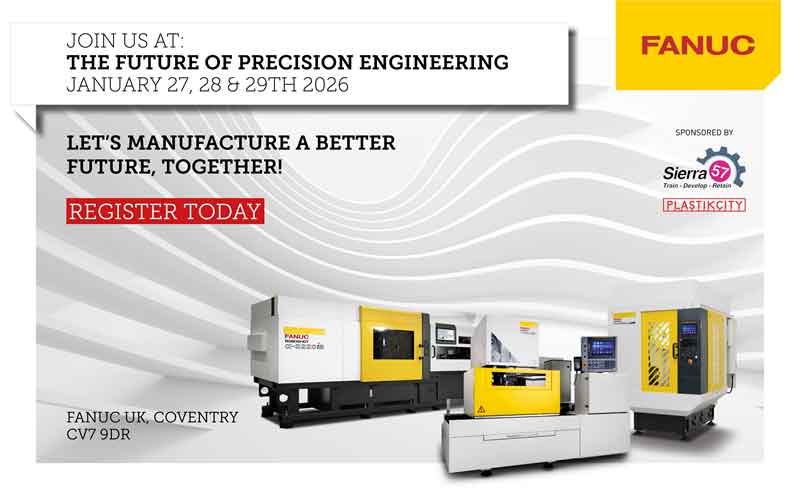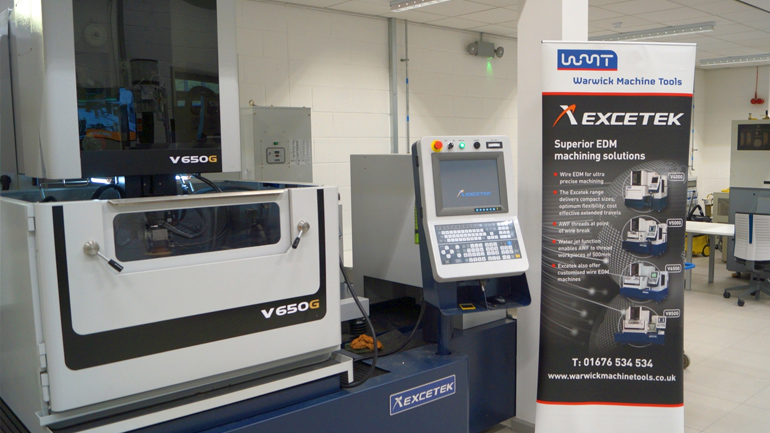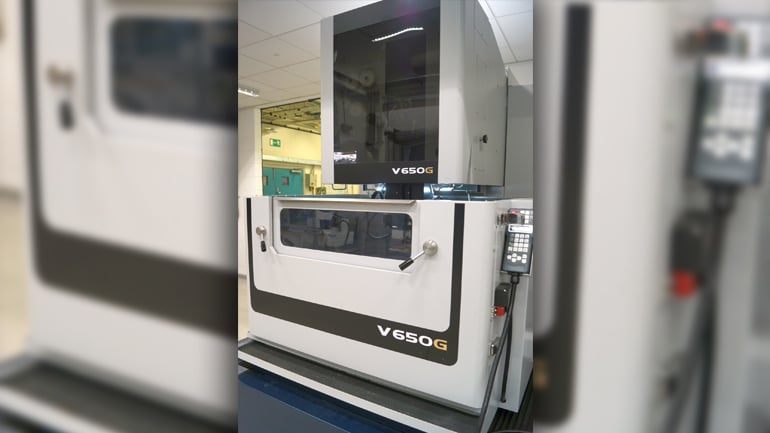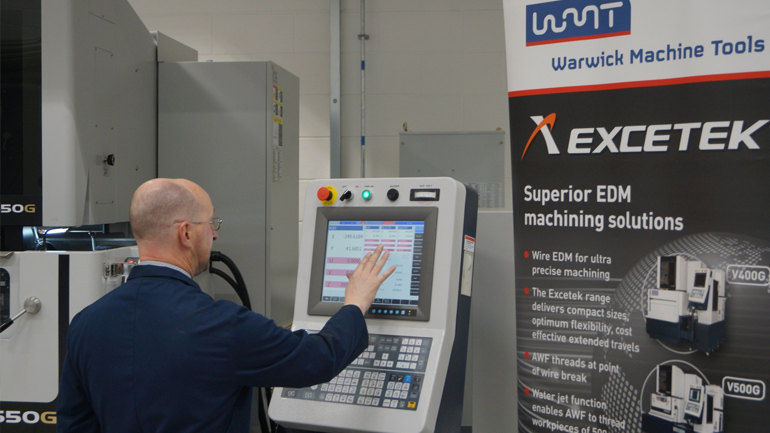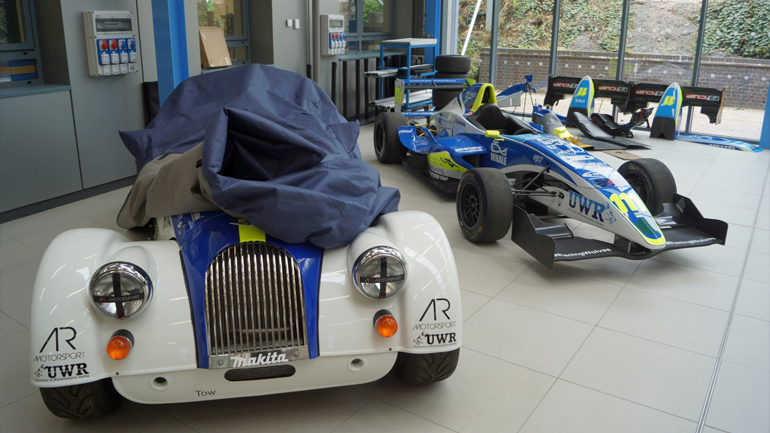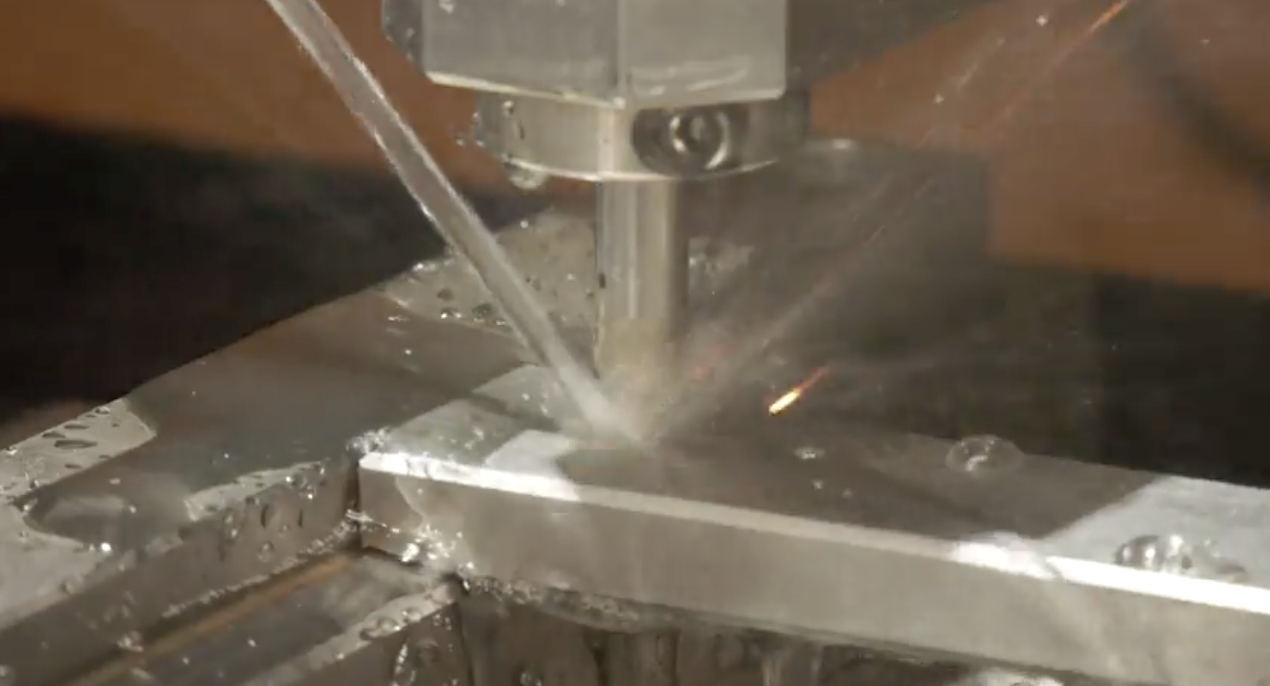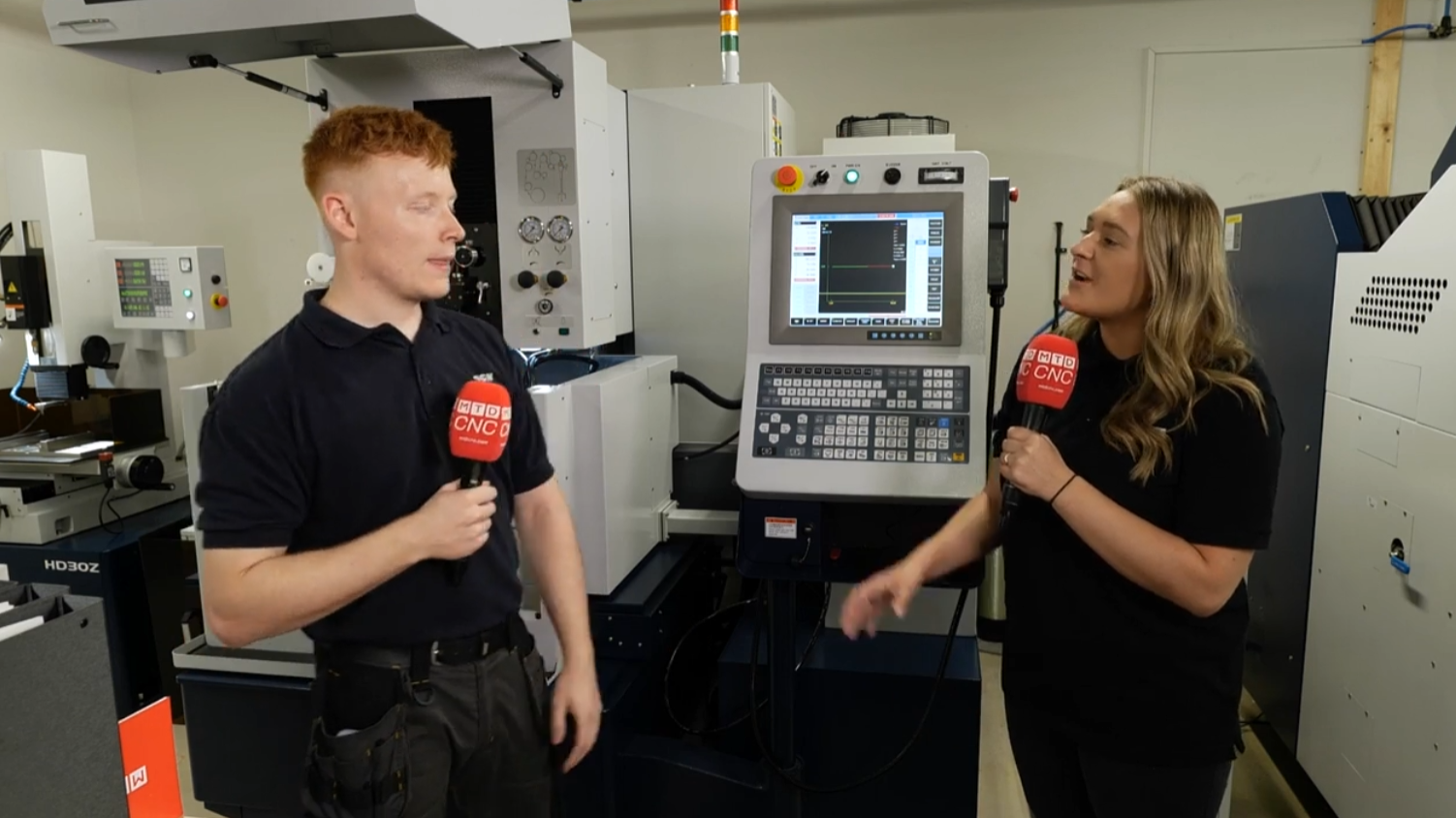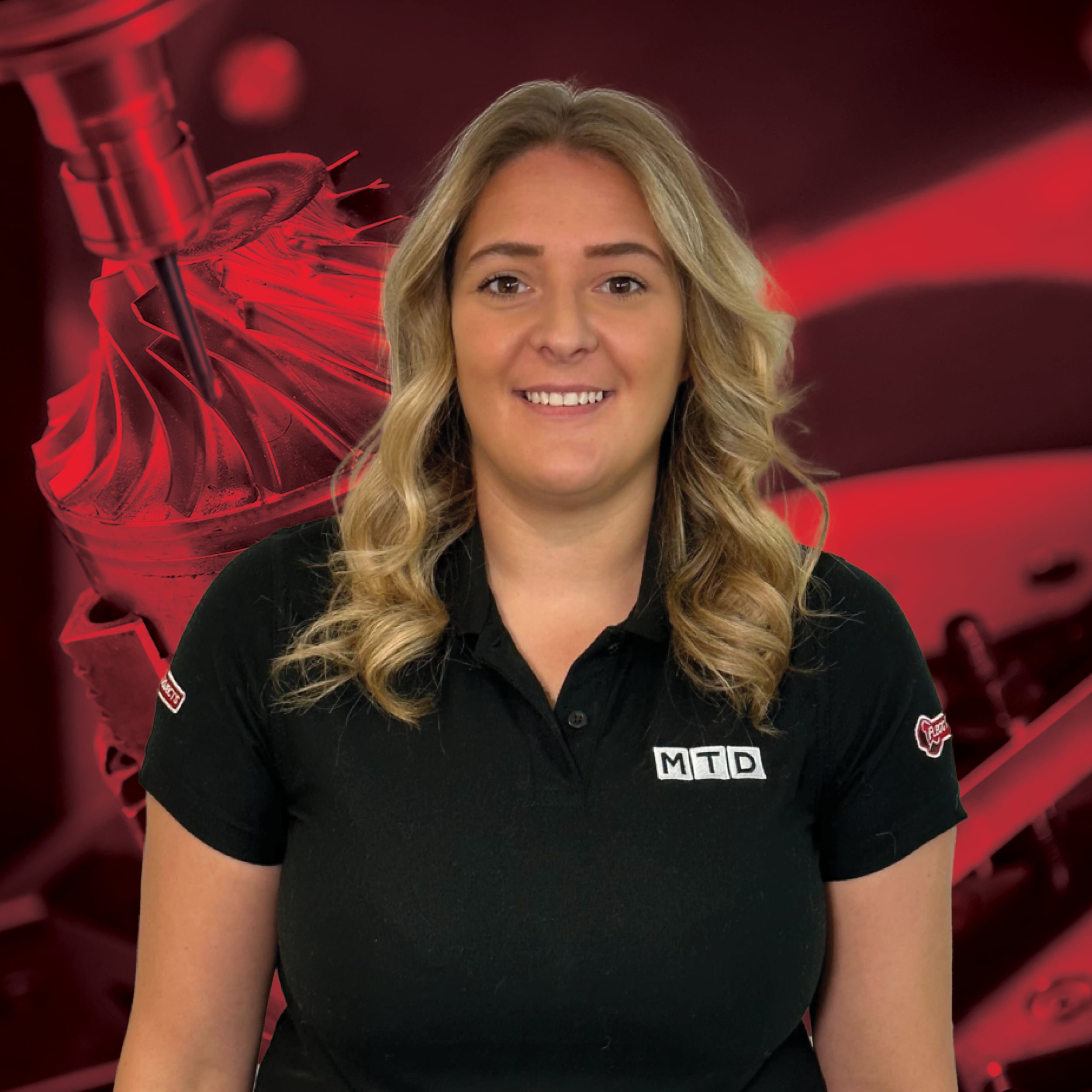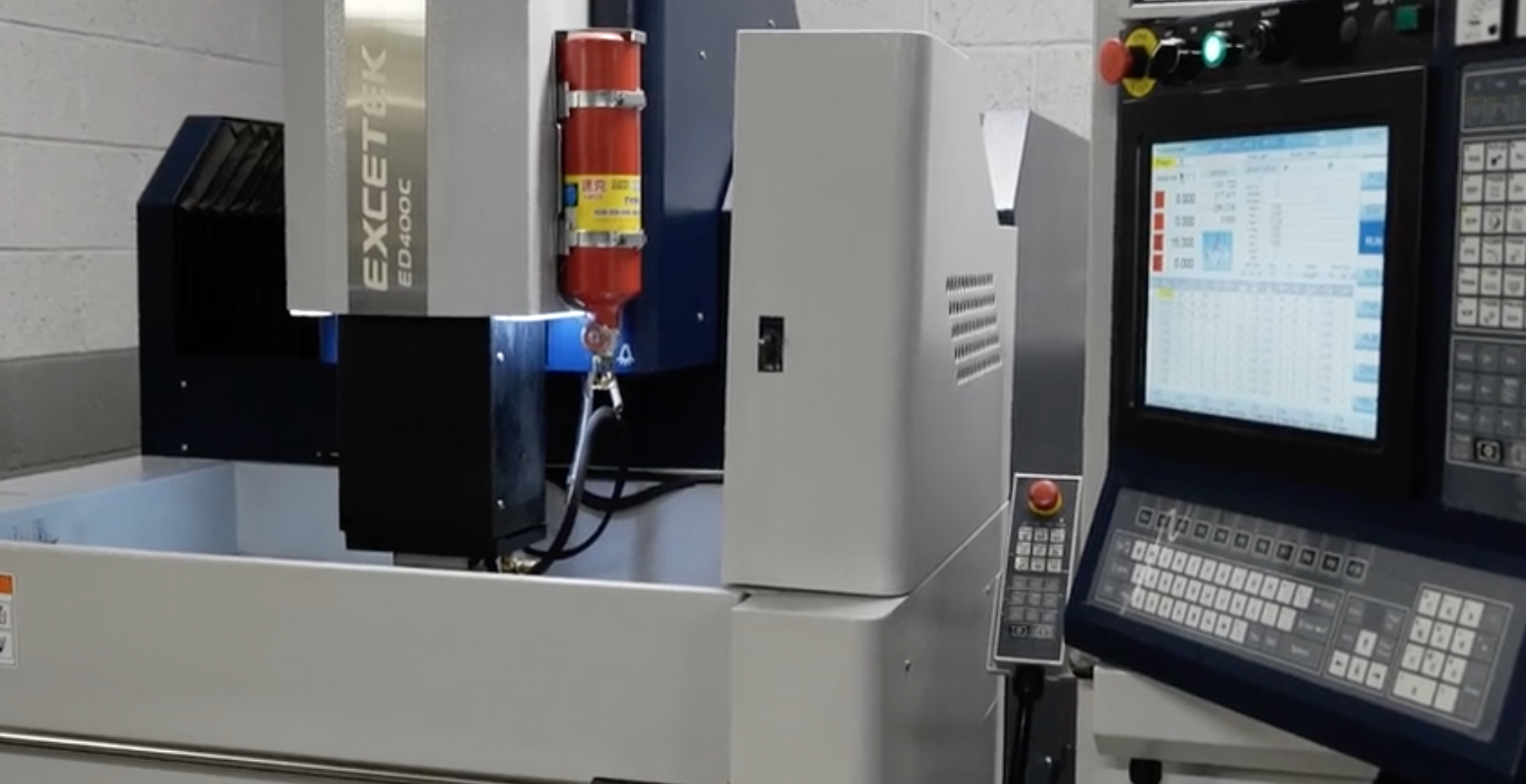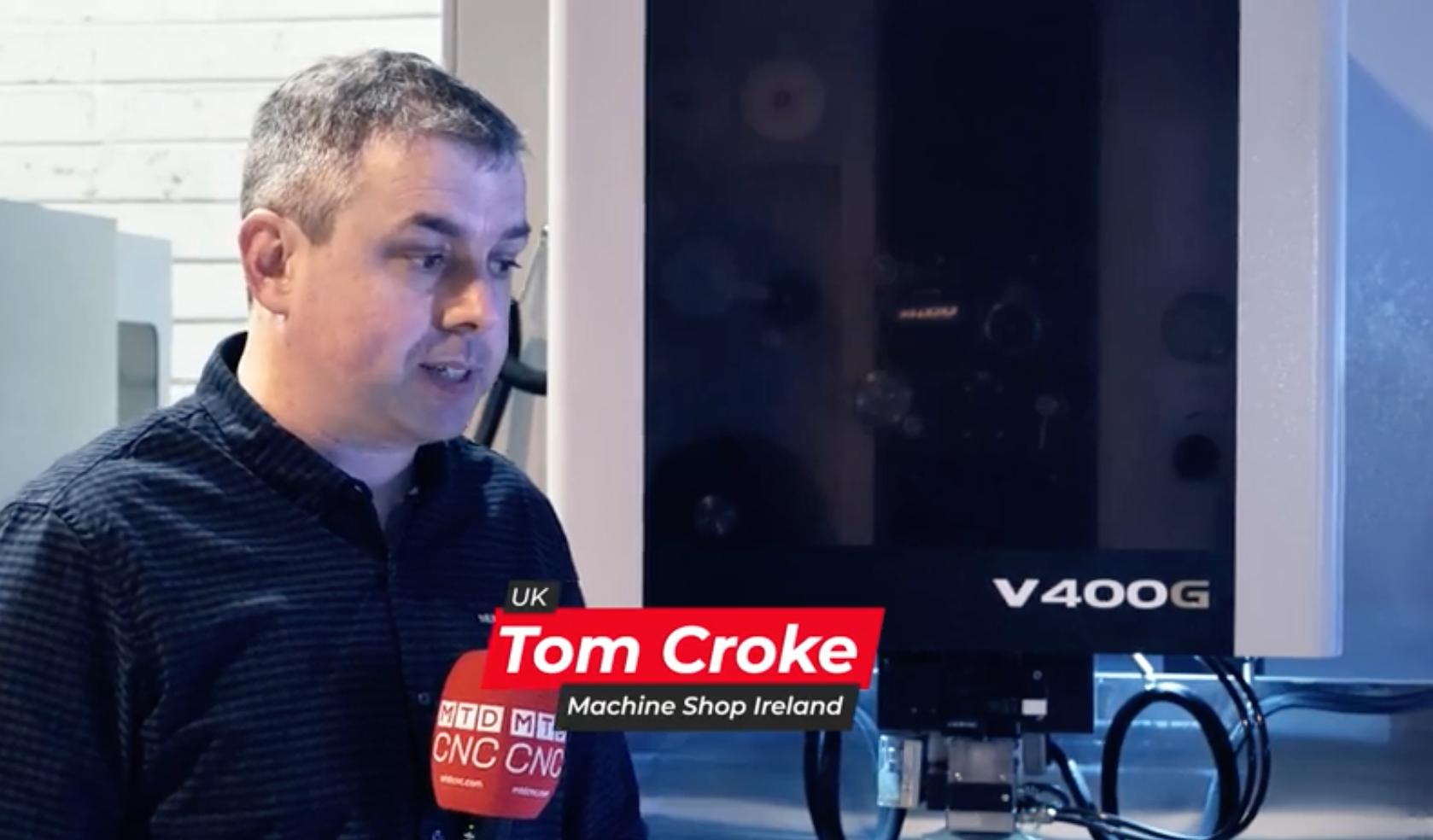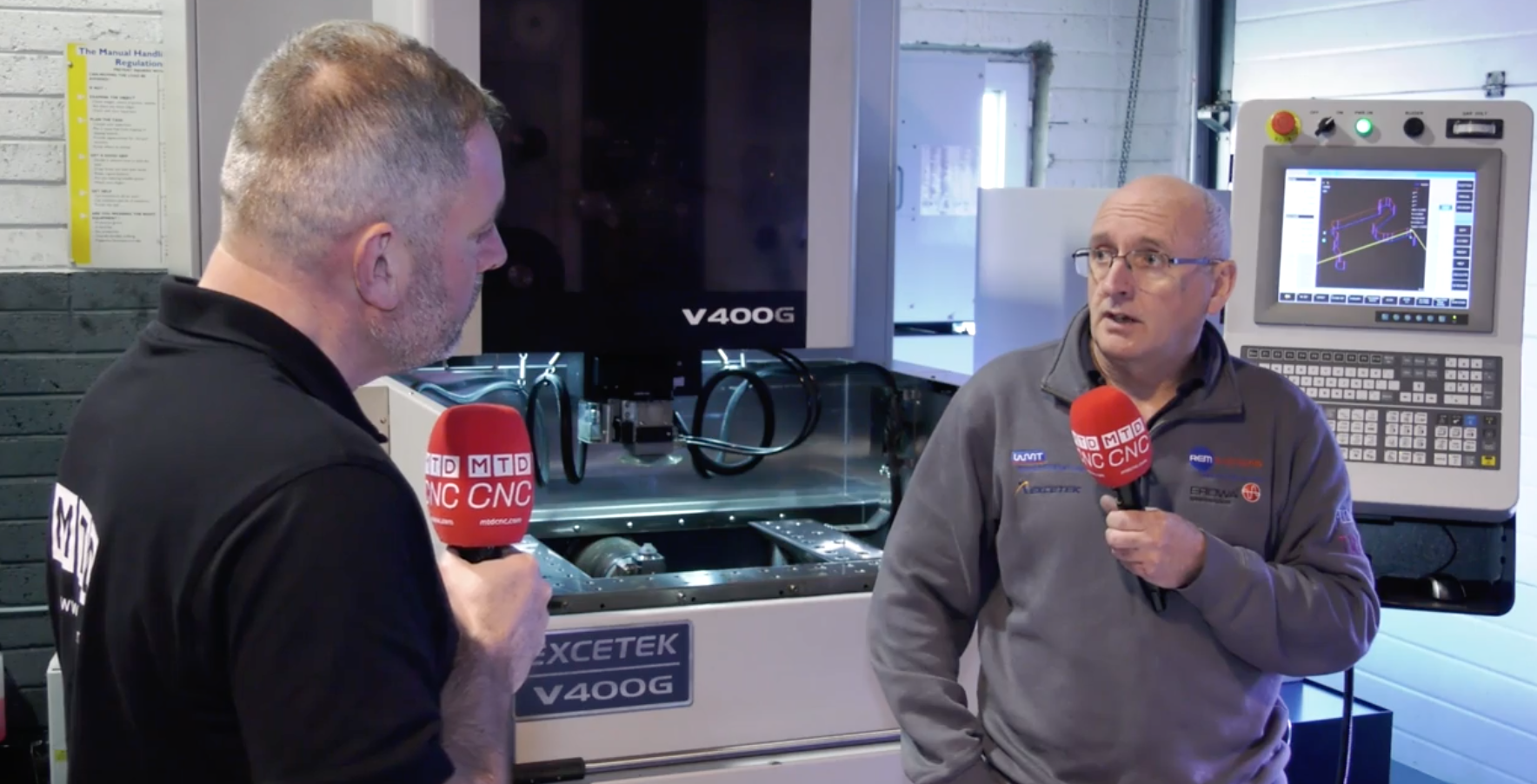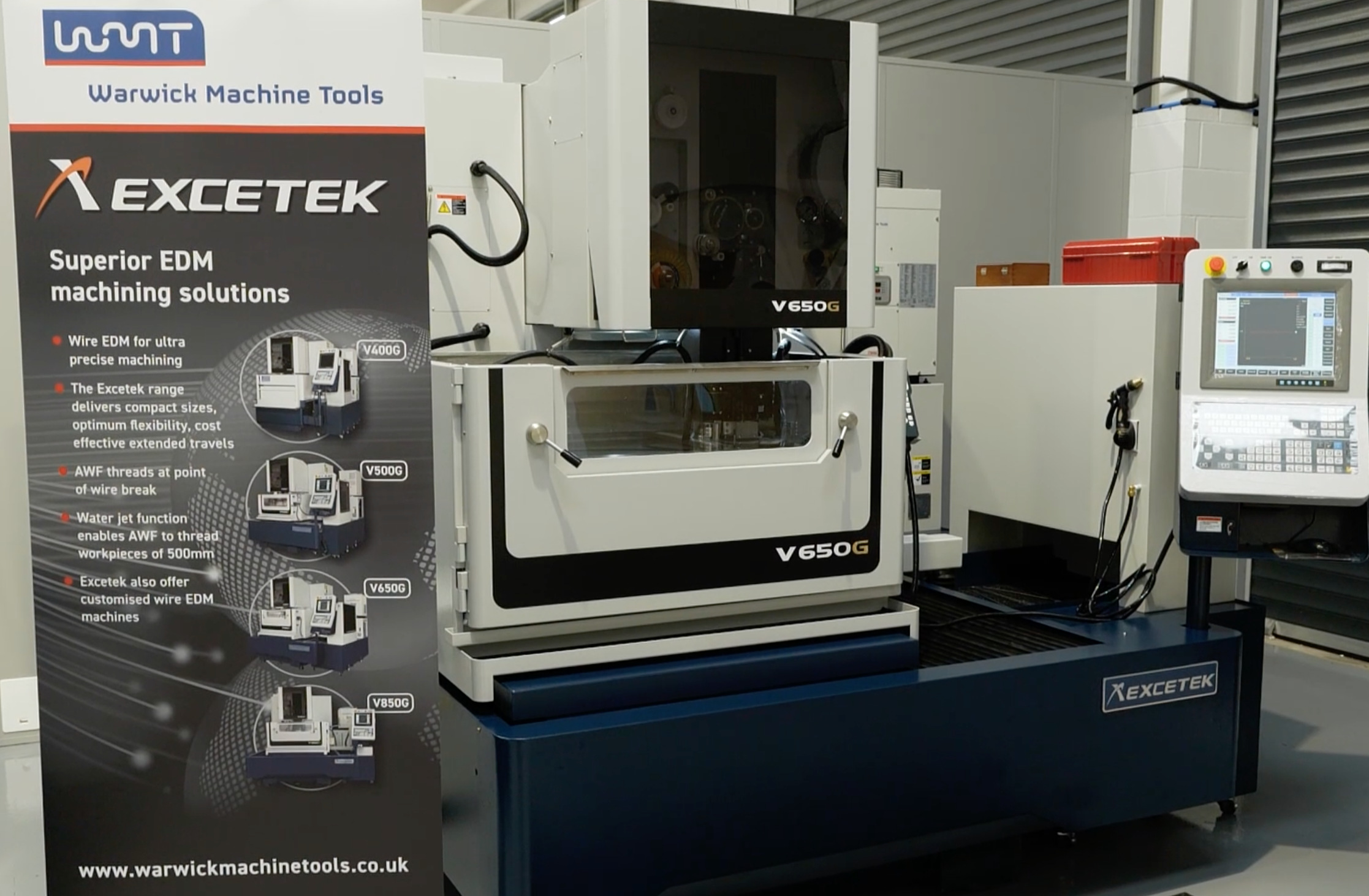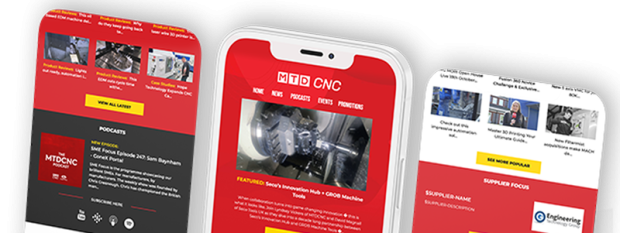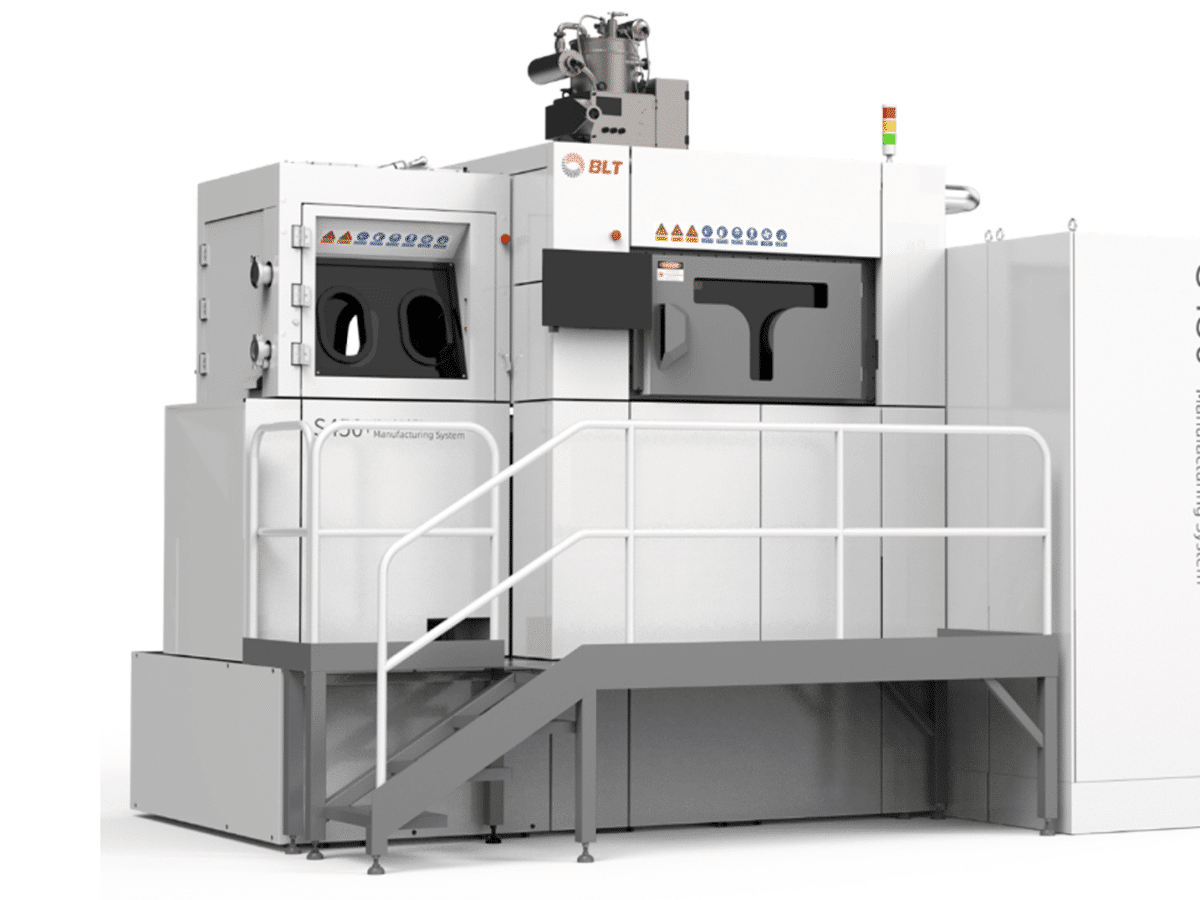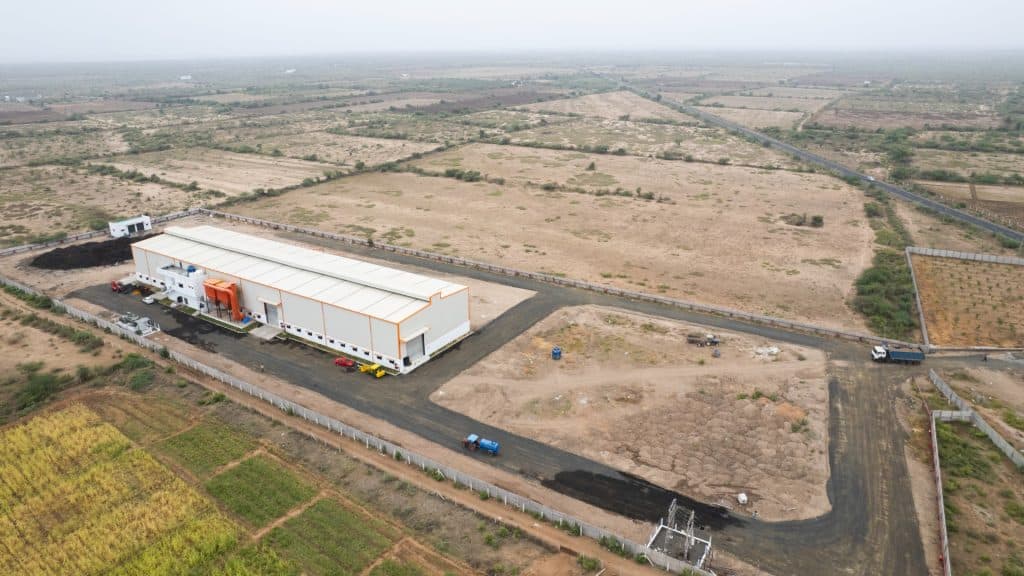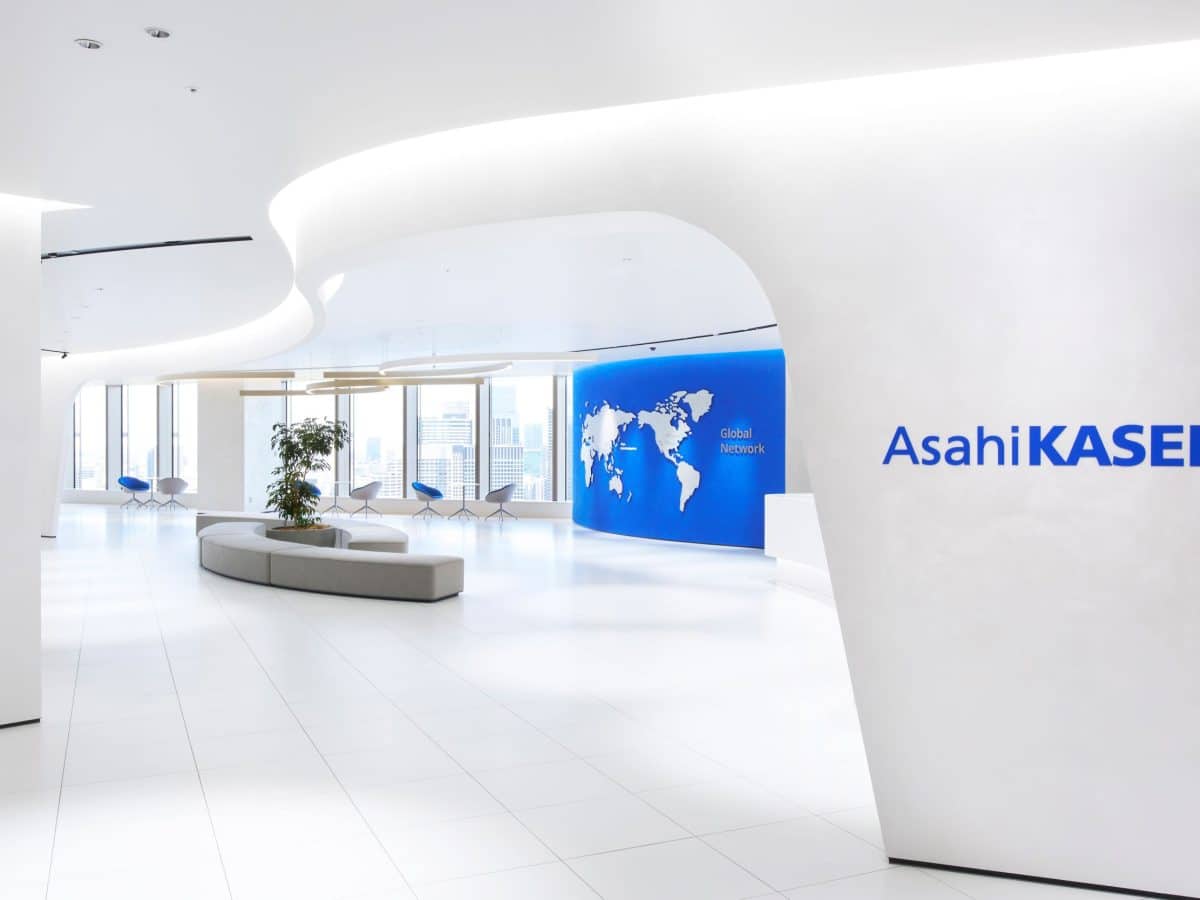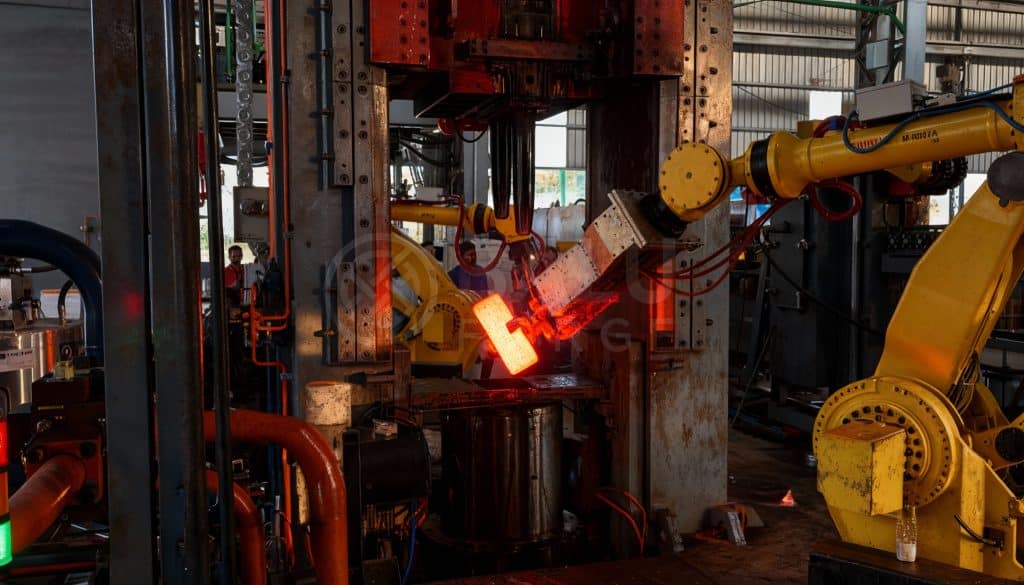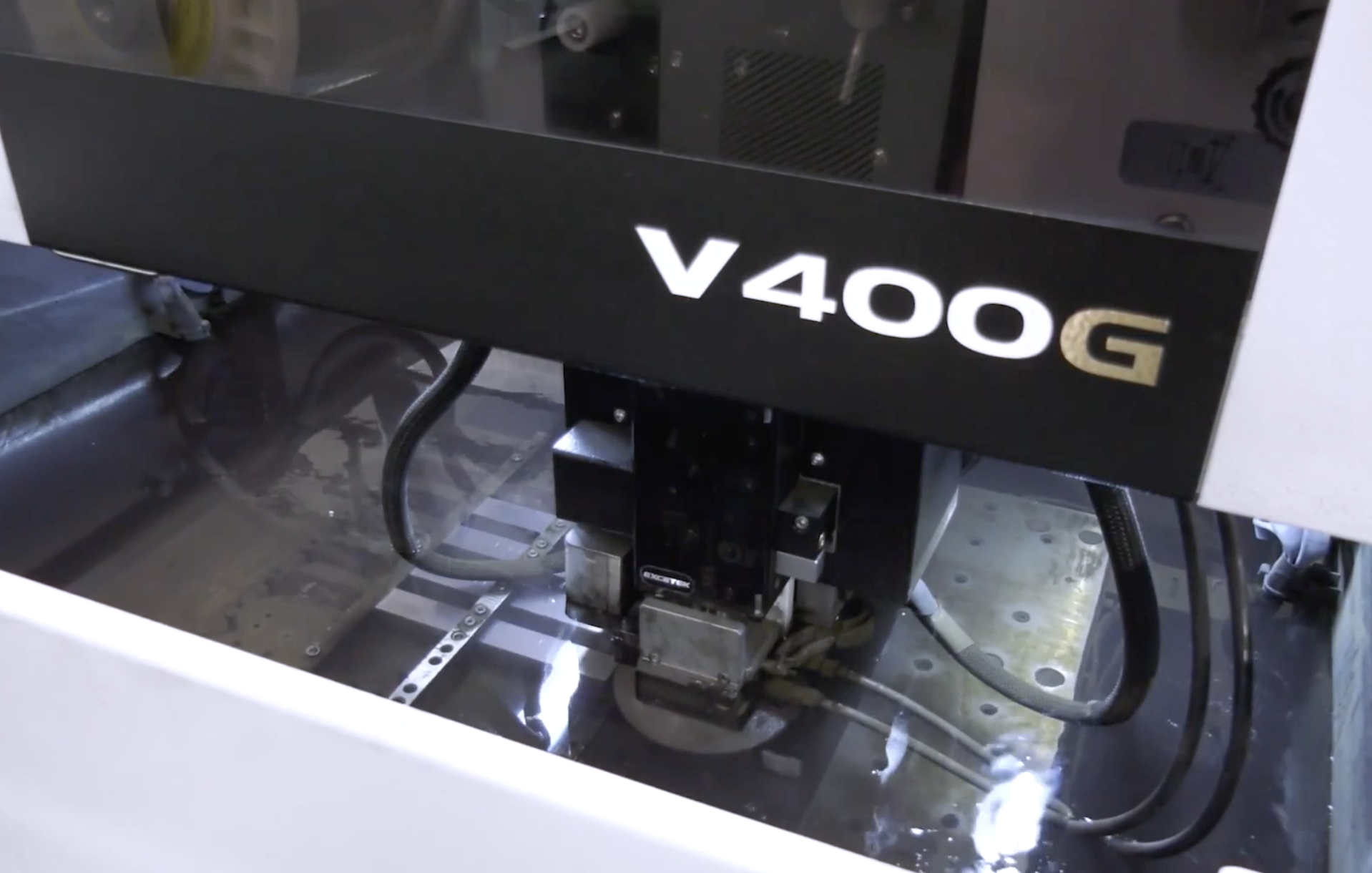
You may recall college and university machine shops of old – equipped at best with a Bridgeport R8 turret mill and Colchester Student lathe. However, today they are much more advanced and well equipped with the very latest manufacturing technologies. The University of Wolverhampton is one of the leading protagonists with 3D metal printing machines supported by EDM technology supplied by Warwick Machine Tools.
Having invested over £10 million in advanced new engineering facilities and courses the University of Wolverhampton is leading the response to the regional and national shortage of qualified engineering graduates*. The investment at its Telford Innovation Campus focuses on enhancing facilities to provide students with access to technology at the forefront of engineering developments.
New courses including BEng (Hons) Motorsport Engineering, BEng (Hons) Chemical Engineering and BEng (Hons) Electronics and Telecommunications Engineering is complemented by specialist equipment: a design and visualisation facility, wind tunnels, engine test facilities, 3D printing facilities, and laboratories dedicated to electronics and telecommunications, metrology and materials testing.
Principal Technician for Innovative Product Development, Iain Lyall, says: “Our emphasis is on helping local industry gain a competitive advantage through redesigning products, or applying different advanced manufacturing methods. It is a broad spectrum, and it could be any industry area, aerospace, motorsport, defence, even art, design and fashion. There really is no area that I can think of we haven’t dabbled in.”
There is a long history of engineering in Wolverhampton and the university also has around 15 years’ experience of advanced technologies such as 3D printing with metals. “About 12 years ago,” recalls Iain Lyall, “we found out about EOS and now we work very closely with the company. We have recently invested in the latest machine, an EOS M 290, so now we can make additional parts for our race cars within the facility, we have all of the products and processes needed to do what is often termed ‘additive manufacturing.’
“Once a printed metal part has been generated it has to be removed from the base plate used in the machine. To efficiently achieve this, we have recently invested in an Excetek CNC wire EDM machine that meets our needs.”
The new Excetek V650 CNC wire cut EDM machine sits in the ultramodern, clean, well-lit workshop. Designed to match the ideal workshop specification, the standard V650G has axis travels of 650 mm in X, 400 mm in Y and 350 mm in Z, accommodating workpieces up to 1,000 x 700 x 345 mm and weighing up to 800 kg. With U and V axis travels of 160 mm and +/- 33o maximum taper capability, the V650G also has a positioning system of 0.0001 mm resolution.
With an advanced NC controller and automatic wire rethreading at the point of break, the new machine supports unmanned overnight operations. It replaced an older wire cut EDM that never really delivered as Iain Lyall explains: “We struggled with the old machine, the unused powder from the additive process would drop down inside and cause havoc with the wire cut path. We spent a lot of time finding this machine and it took a while to get the right settings, which we did with the full help of the supplier.”
He continues: “We now have a phenomenal turnaround from a CAD file to a post-EDM part. We run all the EOS 3D printers and the Excetek machine overnight as they are setup during the day. From a student’s viewpoint, the scale of Excetek machine could be intimidating, but it is very straightforward to setup and the shapes and the details you can achieve are just something else. It also helps to build the students’ confidence as well, for when they go out into industry.”
One of the strongest disciplines at the faculty is motorsport, with the race team based at the new facility. “It covers many different aspects,” says Iain Lyall. “We have around 30 students on the motorsport degree actively involved with the race car. Our message is that you can only learn so much in the classroom and the rest comes with experience. As for the bespoke engineered parts, due to the race series regulations we can’t put much on our F3 car, but our student car has a whole tranche of performance parts made and fitted. We are now also making parts for other universities because we have the facilities and equipment to make the parts and they don’t.”
While the motorsport arena is considered the ultimate testing ground, Iain Lyall sees similarities across all industry sectors. “It’s not just motorsport, I see it all as engineering small parts and my attitude has always been ‘how do we achieve this, or how do we fix that’. The mechanics of the part and what needs to be done to produce it. At the end of the day we are making high end parts that are expensive to produce but even more so to purchase, and we are doing what was asked of us which was to push the UK up there in the global market and the university really is leading the world in this sort of work.”
Iain Lyall and the team at the engineering faculty have certainly blazed a trail that others are now following. The engineering departments not only invest in the latest technologies but also in developing existing technologies and methods. “Our connection with industry is vital. When a company is struggling after reaching a plateau with their work, maybe it’s the production method, or maybe even the product design, but whatever the reason we can provide that little bit extra that they need to get positive results,” he states.
He concludes: “The Excetek machine has amazed us, it beat all others considered on specification and on price so we are more than happy. And, the support we have had from the engineers and everyone at WMT whenever we needed it has been phenomenal, even the support on the phone which is sometimes all you need.”
In the UK, it is estimated that there will be a shortfall of around 200,000 qualified engineers by 2020. Wolverhampton University’s enhanced provision and expanded facilities demonstrate its commitment to the next generation of skilled engineers, with courses combining activity based learning and live industrial project work with a real focus on creativity and employability.

